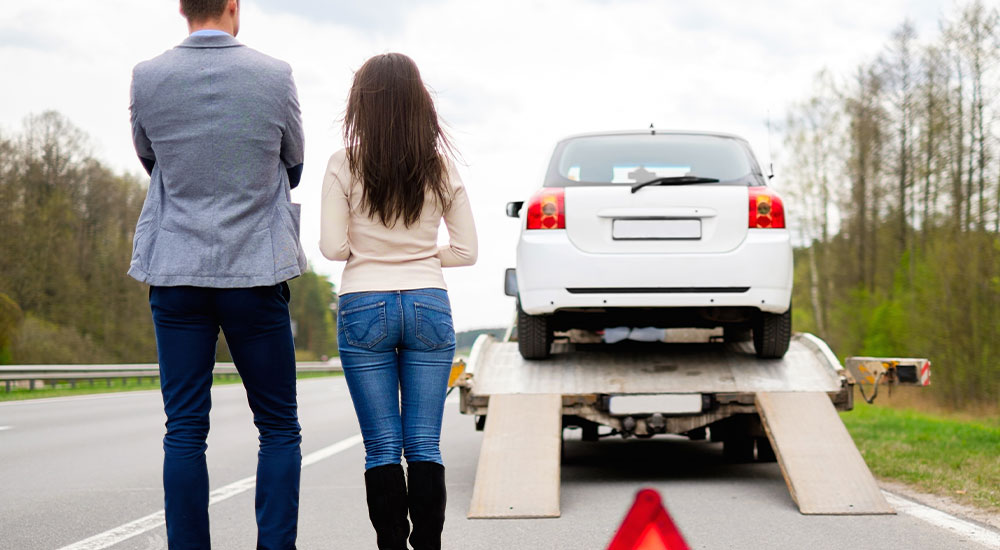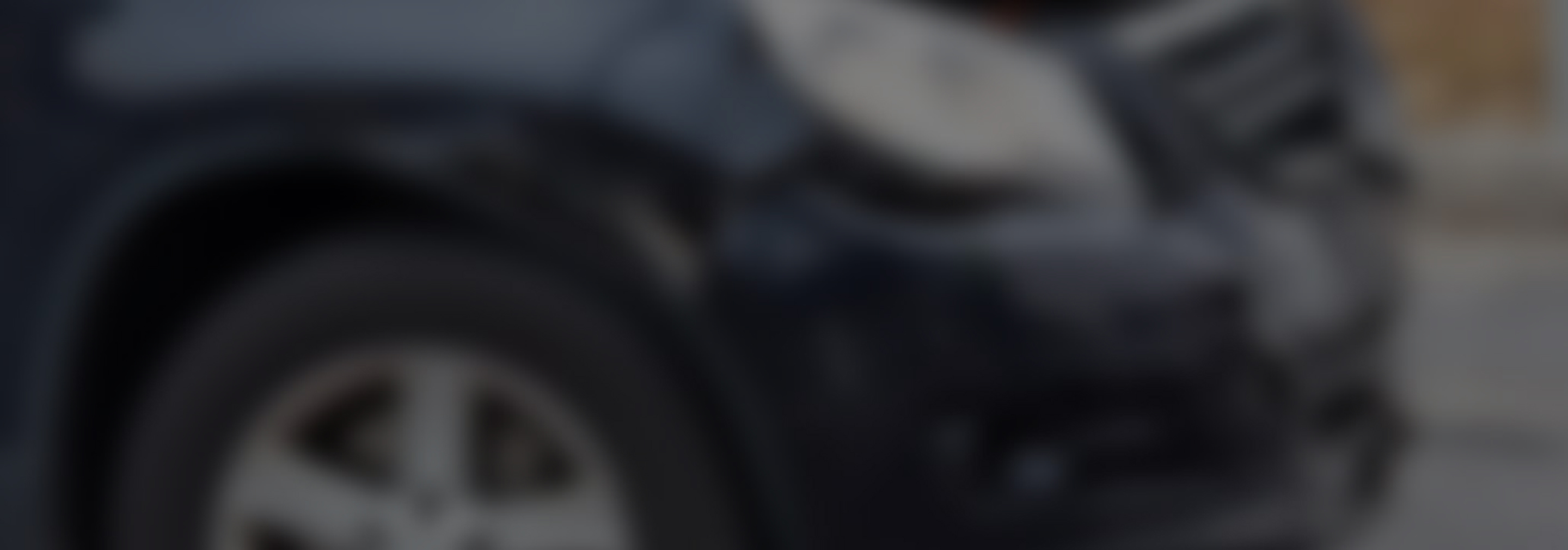Sheen Resources


Car insurance policies can seem overwhelming at the best of times. It's important to read the Product Disclosure Statement (PDS) before signing any official documents. If there are two clauses relating to an accident, and one is an exclusion, then the exclusion wins.
If you don't know what it is, an exclusion is something that is not covered by your insurance policy. Exclusions can sometimes be hidden or disguised in a PDS. Here are some examples of the different kinds of car insurance exclusions you might not know about.
At Sheen Panel Service, we work with all insurance covers to help you get your vehicle back on the road as soon as possible. We offer panel beating quotes within the hour.
Different kinds of insurance cover
There are four types of motor vehicle insurance:
- Compulsory Third Party: This is mandatory for all vehicles in Australia. It doesn't provide cover for damage to the vehicle, so other forms of insurance should be purchased in addition.
- Comprehensive Insurance: Depending on the policy, this insurance type covers damage, theft, malicious damage and weather damage.
- Fire and Theft Only: This doesn't cover collision damage between vehicles – it only covers fire damage and theft of the car it insures.
- Third Party Property Only: It doesn't provide cover for the policy holder's own car but covers the cost of damage to other vehicles involved in a collision.
[sheen_usps][/sheen_usps]
The exclusions you might not know about
Drugs and alcohol
We all know it's illegal to drive while under the influence of illicit drugs and alcohol. But this can also include prescription drugs which have an affect on your reactions or thought patterns. These usually include sedative drugs like heavy doses of Valium or drugs containing Oxycodone.
The Alcohol and Drug Foundation also suggests that even if your Blood Alcohol Content (BAC) per cent is only 0.04 per cent, you can still show signs of impairment.
If you know your limits well, and one beer isn't going to push you over the limit, purchase a BAC tester. Most service stations now sell single-use 'Blow & Go' test kits.
Wrong fuel
Now that diesel nozzles share the same pump space as unleaded ones, misfuelling has become increasingly common. If you've accidentally put the wrong fuel in your car, you should follow these steps:
- Do not start your engine
- Keep your car in neutral and push it to a safe parking spot (you may need to call a friend)
- Call a professional or for roadside assistance
This can be an expensive accident, and if you had an insurance policy, you'd want to make a claim. The only problem? Most insurers classify this kind of incident as mechanical damage and do not cover it – unless your policy specifically includes 'misfuelling' insurance.
Unroadworthy cars
No insurer will provide cover for cars without a Certificate of Roadworthiness. To pass a Roadworthiness Test, your car must:
- Have no cracks or damage to the wheels
- Have no modifications which break any of the rules set in Vic Roads Guide to Modifications for Motor Vehicles
- All audible or visible warning devices must be adequately fitted – such as hazard lights, headlights, the car horn and dashboard warning signals
The inspection shouldn't be hard to pass if you've purchased your car from a reputable seller and have not made any changes to it. There's some lee-way for general wear and tear — the main point is your car needs to be safe for you, your passengers and other people on the road.
Restricted drivers
Most insurers will give you the option to restrict cover to drivers above a certain minimum age.
- Pros: It'll make your premiums more affordable
- Cons: If you give permission for a 25-year-old (or younger) driver to use your car, you have no hope of making a valid claim
Hiring out your car
Do you drive for Uber or Didi? Maybe you occasionally rent your car out to your friends when you're not using it.
Either way, most comprehensive car insurance policies will reject claims made while the vehicle was being used for monetary reward.
You need to look for a policy which specifically includes rideshare insurance.
Duty of disclosure
Once you've worked out which insurance company is the best fit for you, you'll need to submit your duty of disclosure.
If you're dishonest in your application, or 'forget' to mention any crucial details, any future claims you make could be reduced or refused. In some cases, the insurer may seek to cancel your policy altogether.
Choosing a car repairer
Your responsibilities don't end once you've signed the dotted lines. You'll need to choose a quality car repairer who you can trust to service your car regularly, and who you can call for emergency roadside assistance. Remember that your insurer doesn't always give you a choice, so make sure you check if your policy includes choice of repairer.
At Sheen Panel Service, we not only work with all insurers, but we also offer:
- 24-hour tow services for virtually any vehicle
- A free panel beating quote within the hour
- A lifetime guarantee
- A large range of replacement vehicle options
[nearest_workshop][/nearest_workshop]

.png)

















